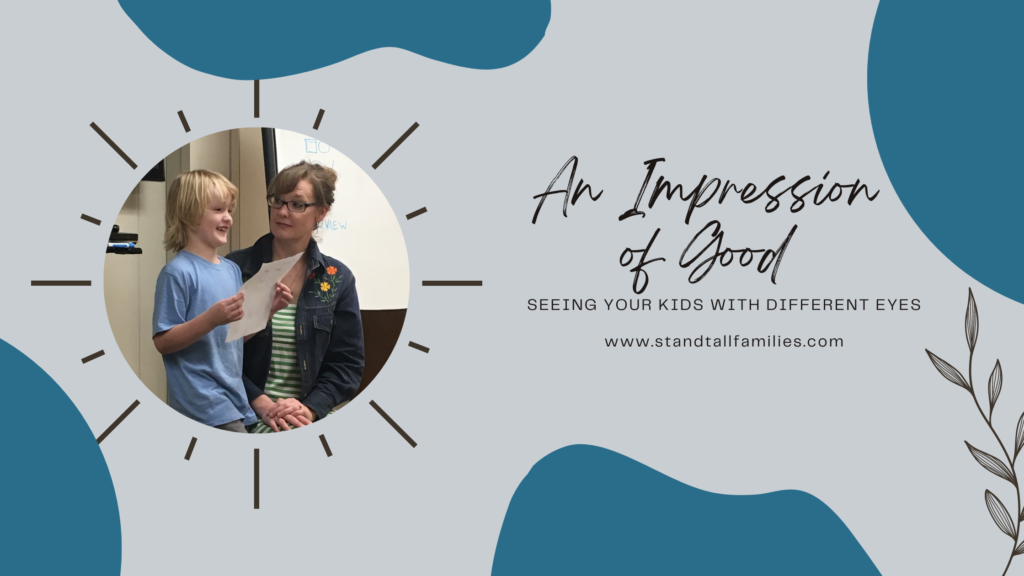
I grew up in the Christian tradition, specifically, the Southern Baptist denomination. I learned so many valuable lessons there; humility, service, and how to love others well. The life of Jesus was exalted as the greatest example to follow and the people who taught me sincerely wanted to hold up as much truth as they could.
I imagine that this might be hard for some to believe given that my tradition has hurt so many people. There are places where we need to apologize, we were wrong some of the time. However, I can’t discount all that has shaped me because of that. None of us are perfect, are we? It doesn’t mean we’re irredeemable either.
I’ve worked with people that didn’t believe as I do. I saw them hurt others and they showed kindness and served others. It reminded me that none of us are perfect but it doesn’t mean we can’t do anything good. The question that ensued was, “How do I explain that?”
Forgive me if there’s more scripture in this post than what you’re used to, I don’t mean to sound preachy. But my heart has been heavy for my fellow Christians for a long time on this issue. We have focused on teaching our children what NOT to do to the detriment of showing them what TO do.
Our concern comes from a desire to do things right. We know we aren’t perfect and we want to root out sin as much as humanly possible. Therein lies one problem, which is we can’t do it on our own. I John 4:9 tells us that “We love, because He first loved us.” We wouldn’t know what to do to love people well without having seen it first.
The love of God is all around us in creation. Psalms 19:1-4 tells us,
The heavens declare the glory of God;
the skies proclaim the work of his hands.
Day after day they pour forth speech;
night after night they reveal knowledge.
They have no speech, they use no words;
no sound is heard from them.
Yet their voice goes out into all the earth,
their words to the ends of the world.
Again we see it in Romans 1:20,
“For since the creation of the world God’s invisible qualities—his eternal power and divine nature—have been clearly seen, being understood from what has been made, so that people are without excuse.”
Clearly, people are impacted by the works of God. There is an impression of God, an impression of Good, on them.
As parents and caregivers, how do we call that impression out of our child above their sin nature?
Simply put, we give attention to the behaviors that mimic what we’ve seen from God. Imagine, sitting down with your toddler and their friend. We want them to learn to share but it’s futile to correct them when they don’t share, the child will be in timeout the duration of your time together. Instead, it works better to recognize the moments when the child shares.
Children repeat what they get attention for. I met a 4 year old at my son’s practice the other night. She jumped off the bleachers and I said, “Ooh, big jump!” and then she proceeded to repeatedly jump off the same spot for 10 minutes. I kept up my recognition for it and the jumps kept getting bigger and more elaborate and she acted as though she had just walked through the gates of Disneyworld.
It is my hope to inspire a shift of perspective. As we rpogress through this series, I will be providing developmental insight connected to scriptural insight that can hopefully be applied in your home and with your children. In the next post, I’m going to go into the details of how to call the Good out of your child and put correction into a more appropriate perspective.
